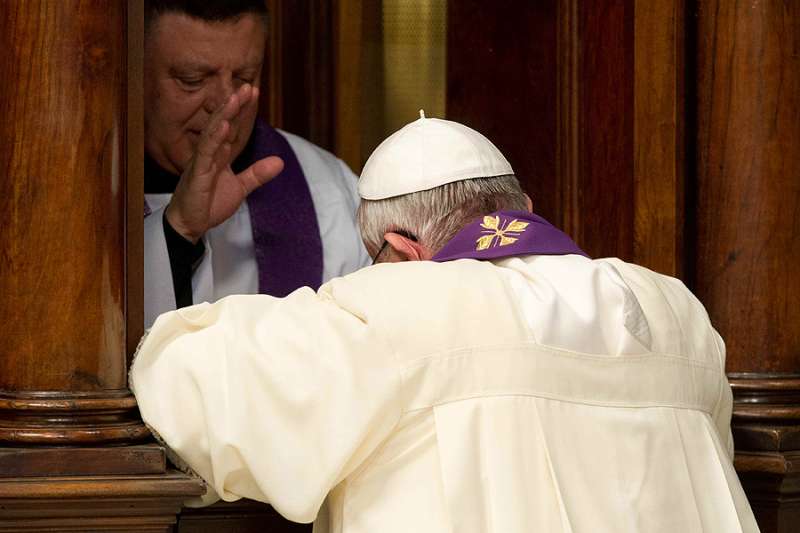On moral, theological issues, conversion of heart — in Greek, metanoia — should take place before the development of pastoral and political solutions, Pope Francis said in a message to Catholic theologians Friday.
Pointing to challenges in mankind’s relationships, including between different nations, the pope said a concern for migrants and refugees “provokes a metanoia that can foster ethical and theological reflection, even before inspiring suitable pastoral attitudes and responsible and carefully planned political policies.”
The pope’s message, signed July 11, was delivered to around 500 moral theologians and others, gathered in Sarejevo, Bosnia and Herzegovina for an international conference of “Catholic Theological Ethics in the World Church.”
Francis noted the conference’s focus on the environment and on migrants and refugees: “You have given a central place to the ecological challenge,” he said. “This challenge — as it emerges from the encyclical Laudato si’ — is not simply one of many, but the broader backdrop for an understanding of both ecological ethics and social ethics.”
The world needs individuals and institutions capable of being renewed leaders on this complex issue, he continued, criticizing the antagonism of people and groups who hurl empty slogans while “jockeying for the front position.”
“We require a leadership that can help to find and put into practice a more just way for all of us to live in this world as sharers in a common destiny,” he said.
The July 26-29 conference is on the theme: “A Critical Time for Bridge-Building: Catholic Theological Ethics Today.” Francis praised the theme, stating that he has often called attention “to the need to build bridges, not walls.”
“I keep repeating this in the lively hope that people everywhere will pay attention to this need… at times resisted by fear and forms of regression,” he said.
The pope also applauded a proposal to create networks of people on different continents who devote themselves to reflection on theological ethics. With the resources provided by a global network, efforts should be “compassionate and attentive to tragic human situations… accompanying [people] with merciful care.”
“Without renouncing prudence, we are called to recognize every sign and mobilize all our energy in order to remove the walls of division and to build bridges of fraternity everywhere in the world,” he said.

